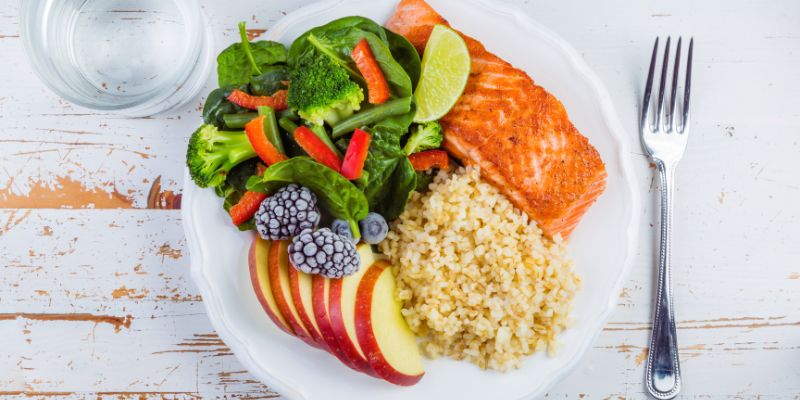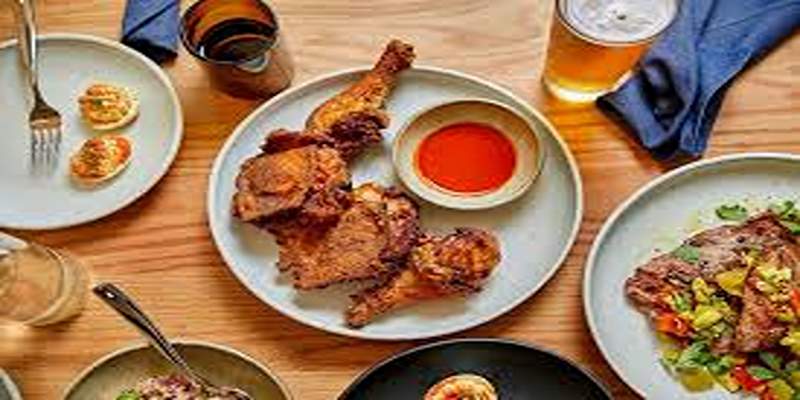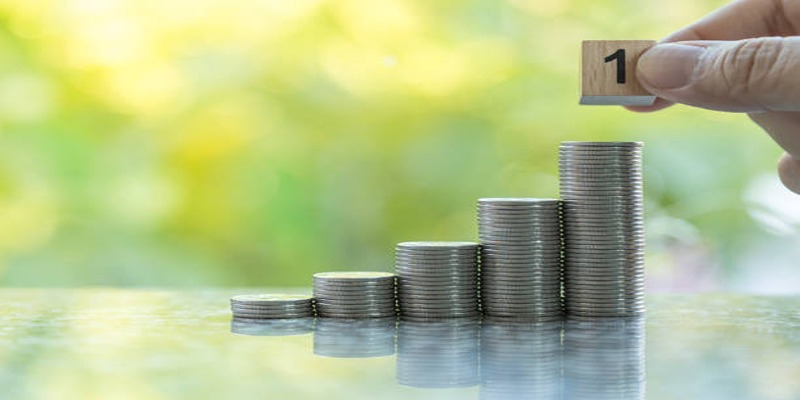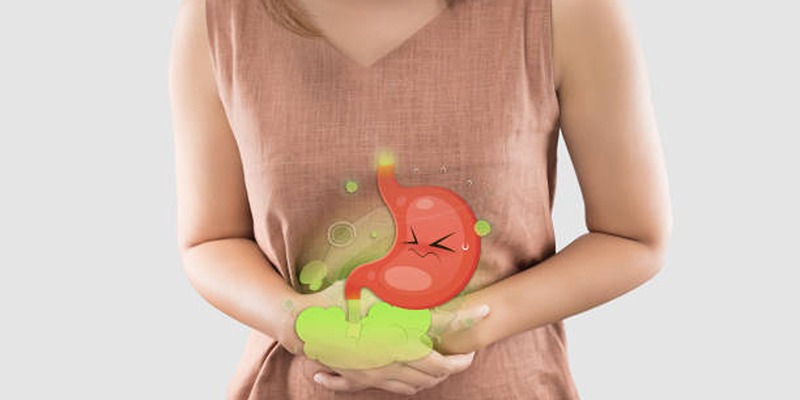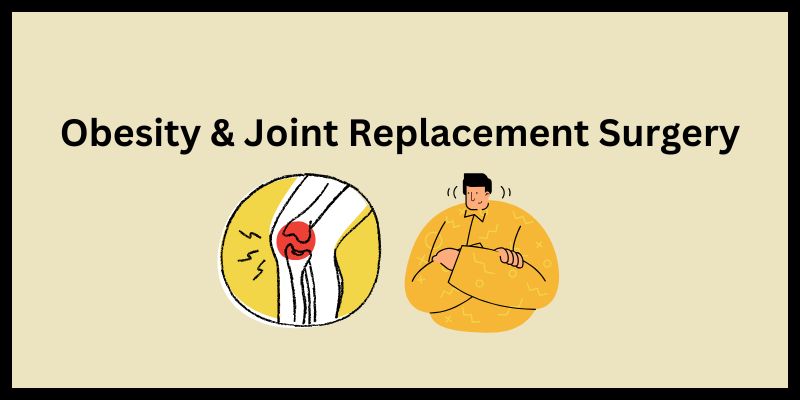Does Ayurvedic Treatment Work for Varicose Veins: An Understanding
A common problem affecting millions of people worldwide is varicose veins. Usually bloated and twisted, these veins evolve as the valves in the veins malfunction. Blood flow hence becomes ineffective, which causes discomfort and, occasionally, agony. Many seek natural treatments for varicose veins and consult Ayurveda, an ancient school of medicine. Does Ayurvedic treatment, then, actually help varicose veins? The several Ayurvedic therapies for varicose veins will be discussed in this article, as well as their efficacy and whether they offer a long-term fix.
Ayurvedic medicine presents a complete approach to wellness by emphasizing the balance of the body's energy. Though Ayurveda can be helpful, its efficacy will differ depending on the individual. Let's explore Ayurvedic varicose vein therapies and their outcomes more.
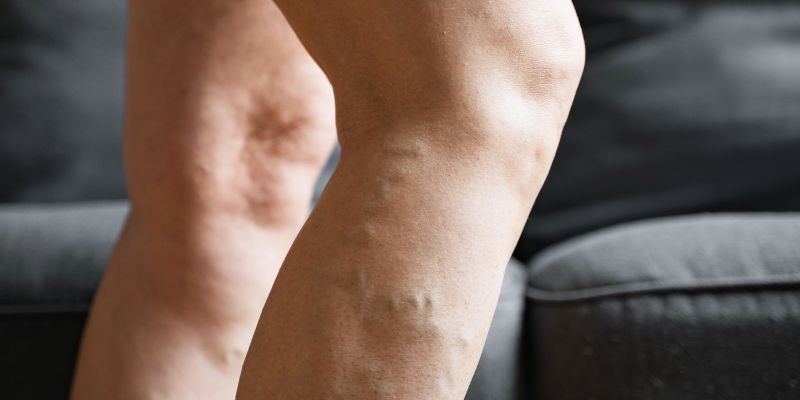
What Causes Varicose Veins?
Recognizing how Ayurvedic remedies might be beneficial depends on knowing the causes of varicose veins. Usually, varicose veins follow from weakened or broken valves inside veins. The job of stopping blood from running backward falls to these valves. Blood collects in the veins when they malfunction, swelling and showing themselves under the skin. Varicose veins originate in part from several elements. Age is one of the most important elements; veins naturally lose flexibility over time.
Gender also matters; women are more prone to get varicose veins from hormonal changes. Obesity, lack of physical activity, extended standing, and a family history of varicose veins are other considerations. Varicose veins are sometimes connected in Ayurveda to an imbalance in the doshas—Vata, Pitta, and Kapha—that define the body. Out of balance, these doshas can cause weak blood vessels, poor circulation, and blood stagnation. Ayurvedic remedies balance these energies, enhancing general circulation and vein condition.
Ayurvedic Remedies for Varicose Veins
Ayurveda offers several natural therapies meant to reduce varicose vein-caused pain. These treatments target strengthening the veins, enhancing circulation, and lowering inflammation. Herbal medicines, dietary alterations, and lifestyle changes are among the most often utilized Ayurvedic treatments for varicose veins.
Herbal Remedies:
Ayurveda revolves around herbal remedies. Numerous plants have circulatory, antioxidant, and anti-inflammatory effects. Ayurvedic therapies for varicose veins call for some of the most often-used medicines, including:
- Horse Chestnut: Well known for enhancing circulation and strengthening blood vessels, horse chestnut is a herb used to treat varicose veins.
- Gotu Kola: This herb is supposed to strengthen and repair blood vessels' walls, thereby boosting circulation and lowering edema.
- Ginger: Ginger's anti-inflammatory qualities enhance blood flow and ease edema.
- Turmeric: Renowned for its strong anti-inflammatory qualities, turmeric aids in lowering varicose vein-related irritation and pain.
These herbs can be administered topically as oils, lotions, pills, or teas.
Dietary Adjustments
Ayurveda holds that controlling varicose veins depends critically on food. Foods high in minerals, vitamins, and antioxidants can assist in maintaining vein integrity. Among the advised diets for those suffering from varicose veins are:
- Leafy Greens: It is packed with vitamin C and antioxidants, and leafy greens boost circulation.
- Berries: Antioxidants abound in these that can shield blood vessels and aid in lowering inflammation.
- Whole Grains: Whole grains are high in fiber and help to avoid constipation, which could strain veins and aggravate varicose veins.
- Chia and flaxseeds: These seeds contain abundant omega-3 fatty acids, which help lower inflammation and increase blood flow.
Conversely, foods heavy in salt should be avoided since they cause fluid retention and aggravation of varicose vein swelling.
Lifestyle Modifications:
Managing varicose veins calls for lifestyle adjustments. Ayurveda holds that avoiding blood stagnation and enhancing circulation depends on keeping a healthy lifestyle. Several lifestyle changes include:
- Regular Exercise: Walking, swimming, and yoga, among other activities, can help boost venous strength and circulation.
- Leg Elevation: Improving blood flow and lowering edema depend on raising the legs.
Avoiding Prolonged Sitting or Standing: Frequent breaks for mobility assist avoid blood collecting in the veins.
Benefits of Ayurvedic Treatment for Varicose Veins
For patients with varicose veins, Ayurvedic remedies have many advantages. These treatments concentrate on enhancing circulation, lowering inflammation, and strengthening the blood vessels—all of which can help varicose vein symptoms be lessened. Among the major advantages are:
- Improved Circulation: Ayurveda stresses enhancing blood flow throughout the body. Ginger, horse chestnut, and Gotu Kola are herbs that boost circulation, which is vital for lowering varicose vein symptoms.
- Strengthening Blood Vessels: Ayurvedic treatments seek to rebuild the blood vessels' strength, preventing varicose vein recurrence.
- Reduction of Swelling and Pain: Herbs, like turmeric, are anti-inflammatory and can help reduce varicose vein-related swelling and pain.
- Natural and Holistic Approach: Ayurvedic remedies target the underlying causes of varicose veins and advance general well-being by stressing a natural and comprehensive approach.
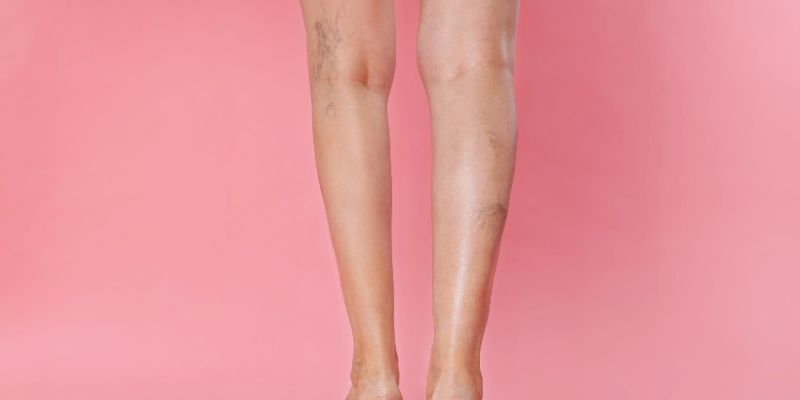
Does Ayurvedic Treatment Work?
Although some people find Ayurvedic treatments helpful, it is crucial to realize that they might not be so for everyone. The degree of the ailment and the individual's reaction to the treatment will affect the potency of Ayurvedic treatments. Ayurvedic treatments may occasionally be combined with other treatments, such as medical procedures or compression stockings, to more successfully control varicose veins.
Although there are few clinical studies on the efficacy of Ayurvedic treatments for varicose veins, several researches point to herbal remedies, including horse chestnut and Gotu Kola, that provide relief. Furthermore, Ayurveda's whole approach is helpful for general health and circulation, emphasizing diet, lifestyle, and mental well-being. Before beginning any Ayurvedic treatment for varicose veins, you should see a healthcare provider. Ayurveda combined with traditional medical treatments for varicose vein management might show the best outcomes.
Conclusion:
Many people find a useful natural solution for varicose veins in Ayurvedic treatment. Ayurvedic treatments could help varicose vein symptoms by emphasizing circulation, irritation reduction, and strengthening blood vessels. However, their efficacy relies on several elements; hence, they might be optimal when paired with other treatments. If you are considering Ayurvedic varicose vein treatment, see a healthcare practitioner to ascertain the most suitable course of action.



